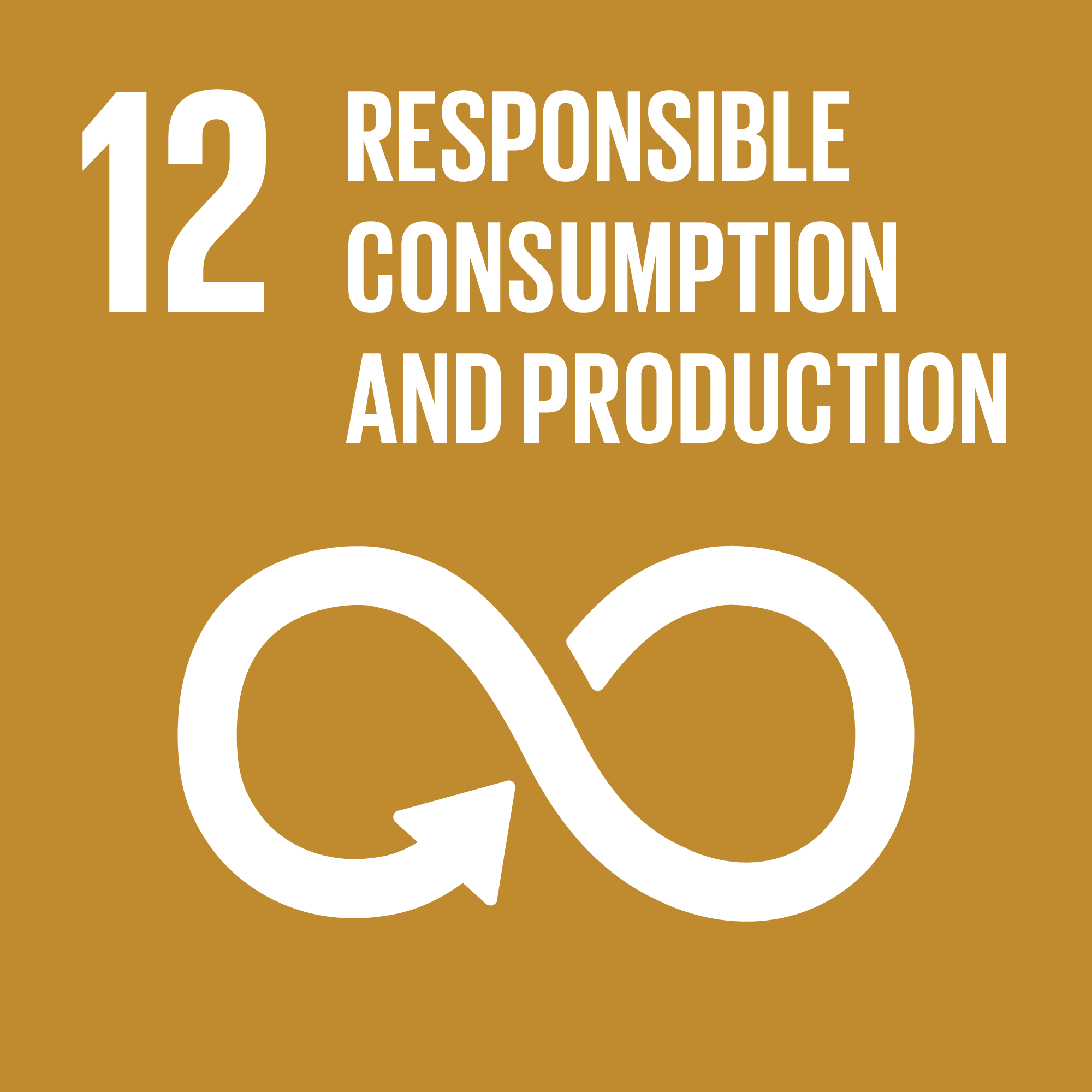Craig School of Business
Sustainable Development Goal 12: Responsible Consumption and Production

With an enrollment of approximately 25,000 students and thousands of faculty and staff, the Fresno State campus is a small city unto itself. Fresno State has made a commitment to sustainable consumption through initiatives to optimize the campus's use of water, energy and other precious resources, benefiting both the University and the larger community around it. Aging infrastructure has also been a priority for mitigating challenges in the built environment and development footprints.
The geographical characteristics of Fresno State in Central California, as a major agricultural center, have provided an opportunity for scholars to focus on recognized environmental challenges concerning water shortage and air pollution.
Fresno State Responsible Consumption and Production Initiatives
The mission of the Fresno State Sustainability Club is to create a conscious culture of sustainability on campus and in the community. The Sustainability Club additionally performs educational outreach activities in the community and is responsible for planning events such as Earth Day Fresno State.
Fresno State's environmental research is conducted in cooperation with local community partners Earth Day Fresno, Tree Fresno and the Sustainable Parks and Recreation Community Initiative.